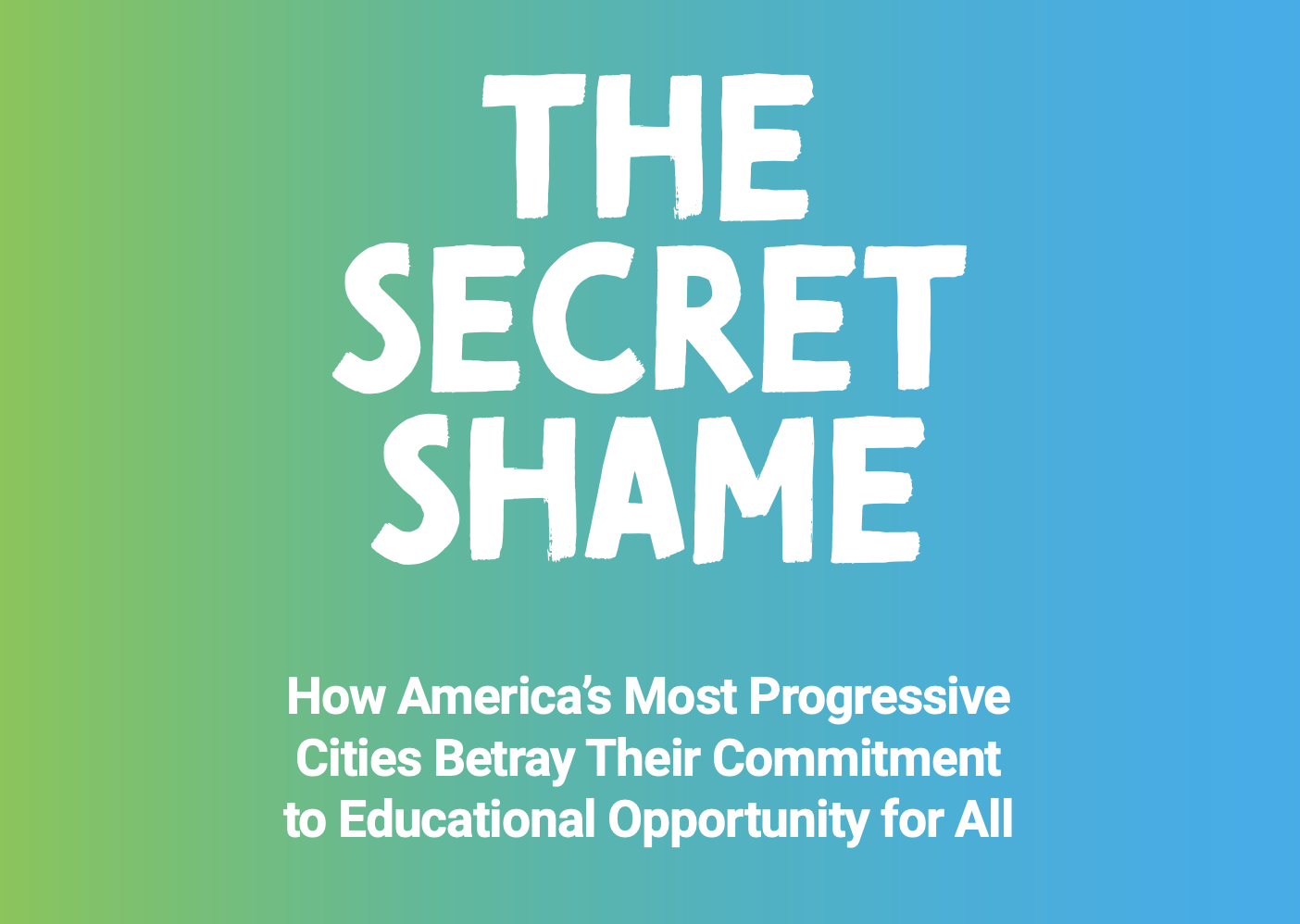About this website
Exposing the Gaps
Education is critical to unlocking opportunity in America, and access to a good education is even more critical for the children who live on the margins of our society.
But in our states, counties and districts, what we see in our education system are glaring and enormous gaps. Gaps in access, gaps in resources, and gaps in what we believe children are capable of achieving.
Of these many gaps, one of the most unconscionable and unjust is the academic proficiency gap between Black, Latino and Native American students and their white peers. After generations of economic and social policy that has discriminated against people of color, access to a good education is still largely unequal.

Opportunity Gaps, Not Achievement Gaps
The widespread gaps we see in reading and math proficiency across our country represent no failure on the part of Black, Latino and Native students or their families. Instead, they expose an education system that persists in changing very little in how it funds and delivers public schooling to these families, despite the dire and urgent need for the system to evolve to meet this crisis.
For years, education leaders have referred to these gaps as achievement gaps, a term that places the burden of academic performance on the students themselves. More recently activists have directed attention instead to the underlying opportunity gaps that disproportionately deprive these students of the resources and environments required to provide an adequate education.
Because of this, throughout this website we refer to these differences simply as racial proficiency gaps.
We recognize, too, that reading and math are only two of countless domains in which we expect all children to gain competency through a well-rounded education. But literacy and numeracy will always be the critical foundation, the most basic expectation for which we can hold our school systems accountable.
Supporting Education Activism
This site doesn’t advocate a specific policy solution. But it does provide the data for activists who wish to hold their leaders accountable.
As a collaboration between brightbeam and the Foundation for Excellence in Education, this site serves a broad network of activists and advocates who believe that it is both possible and essential to provide an education to all children that will allow them to thrive to their greatest potential.
For more on brightbeam’s activism, visit our Voice to Action website.
The Secret Shame
At the beginning of 2020, brightbeam released a report examining in detail the academic performance gaps between racial groups, scrutinizing in particular our country’s most progressive cities. In The Secret Shame: How America’s Most Progressive Cities Betray Their Commitment to Educational Opportunity for All, the organization sought to challenge cities that pride themselves on values of equity and social justice to acknowledge the dismal performance of their schools and take action.
Some of these cities, such as Boston, Chicago, Detroit, District of Columbia, Los Angeles and New York City, are included in the data on this website. (This is because those school districts opted to take the National Assessment of Educational Progress test, upon which this site’s data is based.)
We encourage you to find your city or state and share that data with your leaders and decision makers, demanding better for the children where you live.

A Little History
This website was originally launched in 2015 by ExcelinEd to highlight a different sort of gap: the gap between states’ academic benchmarks and the national standard for proficiency.
At the time, states around the country had a range of different expectations for students. A student from Mississippi might find themselves several grade levels behind if they were suddenly plopped into a Massachusetts classroom. This website exposed the gap between states’ expectations and the proficiency standard set by the National Assessment of Educational Progress (NAEP).
The good news: These gaps have largely been closed. Thanks to the passing of higher standards (largely based on the Common Core State Standards) and improved standardized testing, states are now much more honest about how many of their students are academically proficient.
The bad news: The gaps in proficiency between students have largely remained unchanged. We have the data to prove it. And it’s time to hold our states accountable for fixing it.
You Can Make A Difference
Activists around the country, from D.C. to Oakland, are arming themselves with the data on racial proficiency gaps in their schools and are taking action. Click below to visit our Voice to Action website and see what you can do right now to hold our schools and leaders accountable for providing the educational opportunity every child deserves.
Take Action